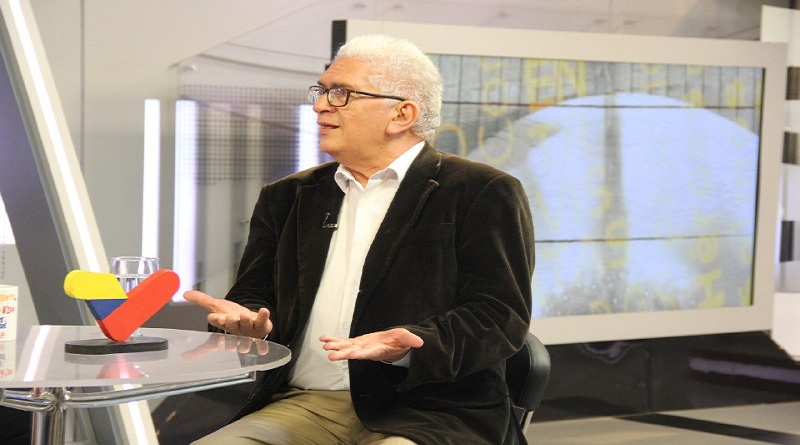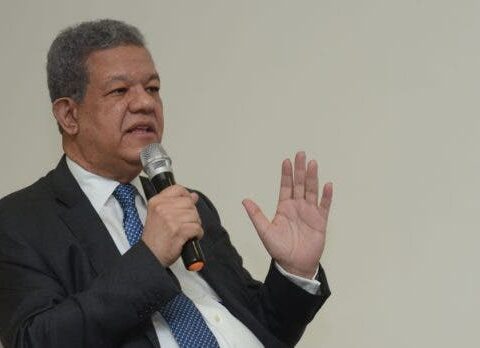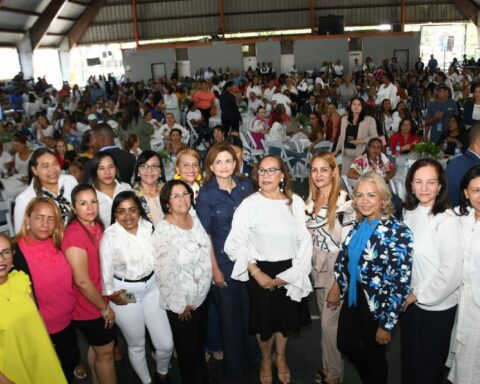Concerned about the possible repercussions of the bill that would establish zero rate for the imports of 67 products of the family basket, the Association of Industries of the Dominican Republic (AIRD) proposed to the Chamber of Deputies a mechanism that would serve as a “lock” or filter in order to establish limits in different lines and thus avoid effects negative to the national productive sectors.
The proposal, submitted by Celso Juan Marranzini, president of the AIRD, was announced after a meeting he held with the Minister of Industry and Commerce, Ito Bisonó, the president of the Chamber of Deputies, Alfredo Pacheco, and representatives of the main blocs of political parties in that hemicycle.
When the businessman was questioned about the proposal presented by the industrial sector, he said that by establishing a kind of “filter”, if his proposals were accepted, the horizon that could be presented would be more transparent and institutional and would minimize the uncertainty of the productive sectors of the country.
“Today we bring together a proposal to modify the law, while allowing the government to act in the event that some type of shortage is glimpsed…” that can visualize “the most transparent, most institutional horizon and minimize the uncertainty of the national productive sectors creating a filter. That the decisions be made by the Commission for the imports Farming,” he said.
He explained that said commission will make its decisions according to the situation of the producers and demand needs and thus minimize the negative effects that they may cause and the uncertainty created by the bill, submitted by the Executive Power.
The proposal
The proposed amendments submitted by the AIRD state that paragraph III of article 1 reads: “The Commission for imports Agropecuarias will be able to limit with quantitative limits, via quotas, the importation of these products and will determine the corresponding administration mechanisms for each case.”
It adds that, for technical rectification products, said commission will establish an import quota prior to the application of the zero rate.
It also points out that the Commission for imports Agropecuarias may include in its process of discussion, analysis and determination the representatives of the corresponding productive sectors”.
Another suggestion of modification raised by the industrial sector is to modify article 1 of the bill so that it states that the aforementioned commission decides on the application of the zero rate in the customs tariff to goods classified in the eight-digit tariff subheadings of the Harmonized System established in Annex 1 of Law No. 146-00.
They will seek consensus
During the meeting, the president of the Chamber of Deputies, Alfredo Pacheco, guaranteed that the proposal submitted by the industrial sector would be analyzed and shared with the different blocks of political parties represented in that chamber.
He revealed that “I made an extra consultation with President Luis Abinader himself and he is interested in the law being approved and that if we achieve consensus with the national productive sectors it is much better.”
He was in favor of appointing a candidate because his position is that support must always be given to the national productive sectors.
In this regard, the Minister of Industry and Commerce, Ito Bisonó, stressed that the government headed by Luis Abinader has given more than reliable signs that it supports national production, with various actions.
He revealed that there are talks to subsidize corn for chicken and egg producers and to benefit producers of flour and edible oils so that the prices of these products can be affordable for the population, as well as to avoid the shortage of food products.
He affirmed that the bill seeks to ensure that there is no discretion as previously decisions were made on imports performing them administratively and not through a legal provision.
In this sense, he stressed that the government acts responsibly and in common agreement with the productive sectors.
He stressed that with the bill that would establish zero rate from duty For six months, food security and low prices for citizens would be guaranteed to 67 products from the family basket.








